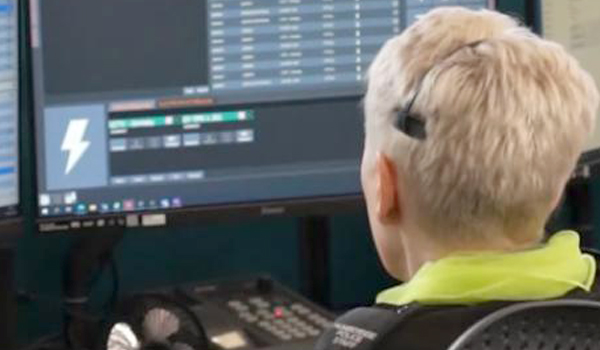New smarter practice published on enhanced video response for call handling
New smarter practice has been published by the College of Policing after a trial of an innovative video-led approach to call handling by Dorset Police was found to reduce demand on emergency services and increase public satisfaction.
Enhanced video response (EVR) was developed by Dorset Police to manage increasing demand on police services more effectively, while ensuring appropriate responses to public concerns.
The initiative allows trained police call handlers to conduct video calls with members of the public reporting grade 3 (non-urgent) incidents, using the caller’s mobile phone camera to assess the situation.
EVR’s digital-first approach enables police to provide immediate advice and support to callers, triage incidents more effectively, and reduce deployments while maintaining service quality through better-informed decision-making about the most appropriate response.
During the three-month trial, EVR has delivered promising results for Dorset Police. Victims who received EVR were 238 per cent more likely to be positive about how the call was handled. They experienced significantly reduced wait times, with the virtual response being on average 19 days faster than the traditional in-person response.
Victim satisfaction increased significantly, with 67 per cent satisfied with their overall outcome of their initial call, compared with 27 per cent in the control group where EVR was not used. Nearly 90 per cent of participants said they would use EVR again.
The college said the trial also demonstrated “significant operational benefits” beyond victim outcomes. EVR achieved substantial cost savings and reduced the pressure on frontline services. Additionally, EVR provided valuable support for officer wellbeing and deployment flexibility.
The college has evaluated another model of video response, video first response (VFR), for non-emergency domestic abuse calls for service. This report is due to be published in early September.
The college said: “We will publish an evaluation report on EVR in early autumn, along with implementation blueprints for both video response models. A video response knowledge-sharing event looking at both models will follow on November 14, 2025.”


